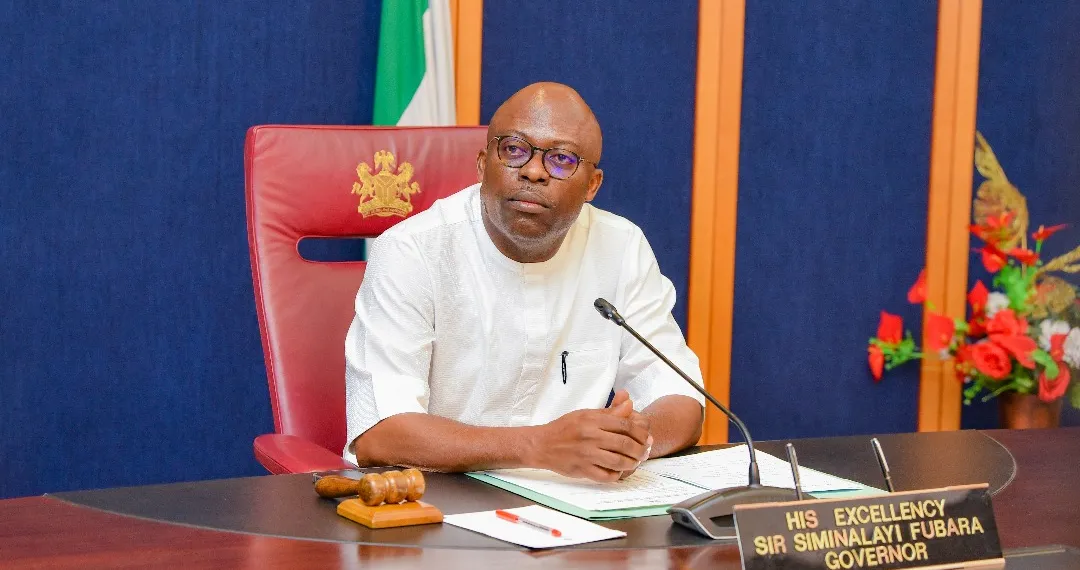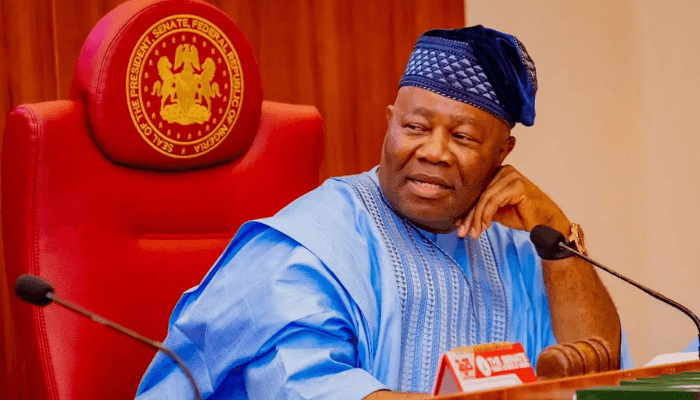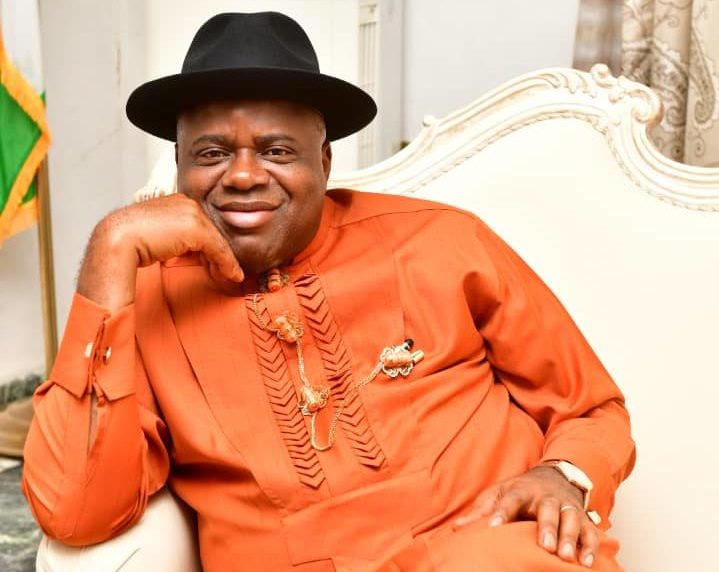Lawmakers Invoke Constitutional Powers to Justify Impeachment Notice
The political landscape in Rivers State has taken a dramatic turn as the State House of Assembly officially served Governor Siminalayi Fubara and his deputy, Ngozi Odu, with a notice of gross misconduct on Monday, March 17, 2025.
This latest development marks a significant escalation in the ongoing power tussle between the executive and legislative arms of the state government, fueling tensions that have been simmering for months.
According to reports from Channels TV, the lawmakers insist that their action is firmly grounded in the Nigerian Constitution.
The Official Statement from the Assembly
In their formal notice, the lawmakers invoked Section 188 of the Nigerian Constitution (1999, as amended), which outlines the procedures for removing a sitting governor or deputy governor based on allegations of misconduct.
The notice, which was signed by a group of lawmakers, reads:
“In compliance with Section 188 of the Constitution of the Federal Republic of Nigeria, 1999 (as amended), and other extant laws, we, the undersigned members of the Rivers State House of Assembly, hereby forward to you a Notice of Gross Misconduct by the Deputy Governor of Rivers State in the performance of the functions of her office.”
The inclusion of Deputy Governor Ngozi Odu in the notice suggests that the crisis extends beyond Governor Fubara and raises questions about the motivations behind the Assembly’s actions.
Political Tensions Reach a Boiling Point
For months, political analysts have speculated about a growing rift between Governor Fubara and key members of the Rivers State political establishment. Despite previous denials from the Assembly regarding impeachment moves, this latest action confirms that an intense power struggle is underway.
This impeachment notice follows weeks of political infighting, power plays, and allegations of interference by external forces, particularly figures loyal to the immediate past governor and current Minister of the Federal Capital Territory (FCT), Nyesom Wike.
Sources close to the situation suggest that Governor Fubara’s strained relationship with Wike has fueled divisions within the Rivers State House of Assembly. Many of the lawmakers are believed to be aligned with Wike, further complicating the situation for Fubara’s administration.
What Are the Allegations Against Fubara and His Deputy?
While the impeachment notice cites “gross misconduct,” the exact details of the allegations against Governor Fubara and his deputy remain unclear. However, political observers believe the charges could include:
- Financial Mismanagement – Allegations of misappropriation of state funds and failure to implement key projects.
- Abuse of Office – Claims of unilateral decision-making without consulting the legislature.
- Disregard for the Rule of Law – Accusations of ignoring legislative oversight and constitutional processes.
- Political Interference – Speculations that Fubara has sidelined certain power brokers within the state.
These allegations, if substantiated, could provide legal grounds for impeachment proceedings. However, political opponents of the Assembly argue that the move is a calculated attempt to weaken Fubara’s administration and remove him from office.
Read also: “Resign or Face Impeachment: Rivers APC Gives Governor Fubara an Ultimatum”
What Happens Next?
Under Section 188 of the Nigerian Constitution, impeachment proceedings follow a structured process:
- Notice of Allegations – The House of Assembly officially serves the governor and deputy governor with allegations of misconduct.
- House Resolution – If at least two-thirds of the Assembly members support the motion, the process moves to the next stage.
- Judicial Panel – A seven-member investigative panel is set up by the Chief Judge of the state to examine the allegations.
- Panel Report & Verdict – If the panel finds the allegations credible, the Assembly can proceed with an impeachment vote.
- Final Impeachment Vote – A two-thirds majority vote in the Assembly is required to formally remove the governor and deputy governor from office.
Given the intensity of the political crisis, Fubara is expected to fight back against the impeachment process, either through legal action or by leveraging his influence among supporters in the state.
Public Reactions and Political Implications
The impeachment notice has sparked mixed reactions across Rivers State and beyond.
- Supporters of Governor Fubara see the move as a politically motivated attempt to destabilize his government, possibly orchestrated by forces loyal to Wike.
- Opposition lawmakers and critics argue that the Assembly is simply exercising its constitutional duty to hold the governor accountable.
- Political analysts believe this crisis could significantly impact the 2027 elections, as factions within the Peoples Democratic Party (PDP) battle for dominance in Rivers State.
Meanwhile, civil society groups and pro-democracy activists are calling for transparency and fairness in the impeachment process, urging lawmakers to avoid turning the political battle into a personal vendetta.
The Road Ahead: Can Fubara Survive?
As the impeachment process unfolds, Governor Fubara’s ability to rally support from lawmakers and political allies will be crucial in determining his fate.
The big question remains:
Will Governor Fubara be able to withstand the pressure, or is Rivers State on the brink of a major political shake-up?
Only time will tell.
















Got a Questions?
Find us on Socials or Contact us and we’ll get back to you as soon as possible.